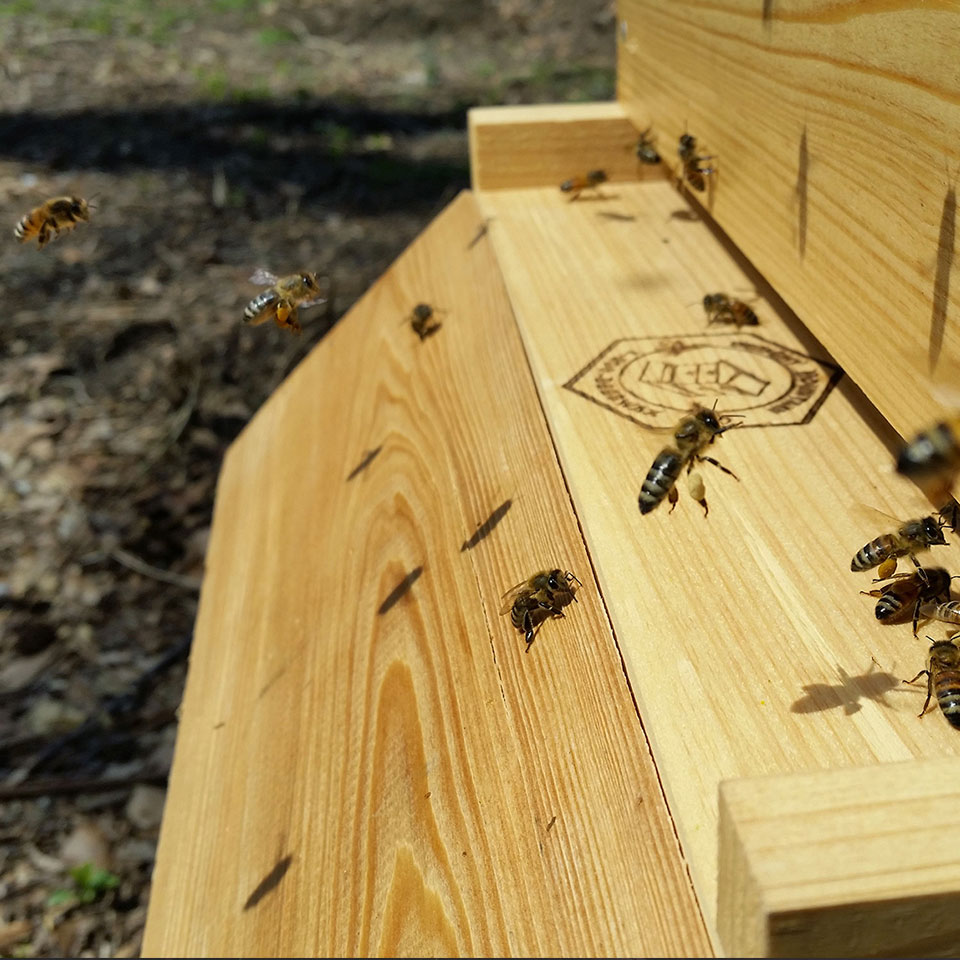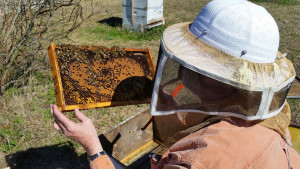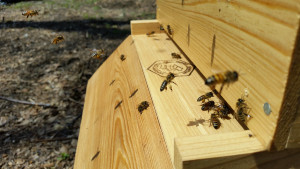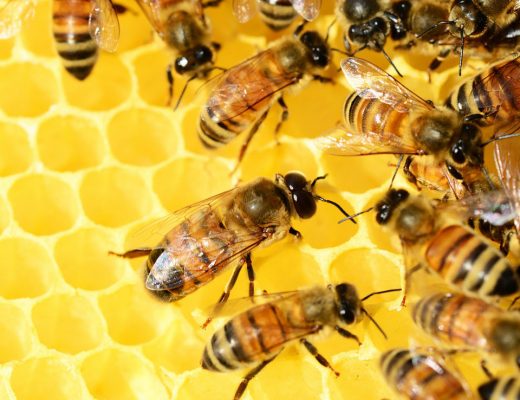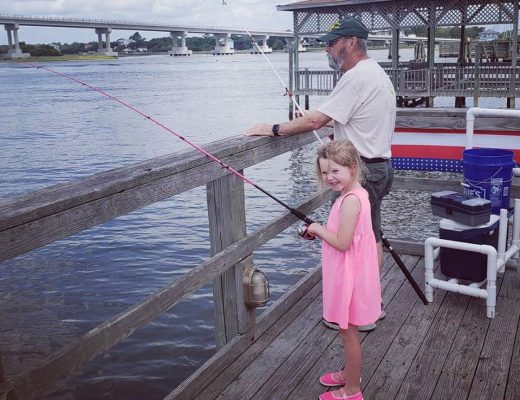I can now call myself a beekeeper. A very new beekeeper with a lot to learn, but I’m up to the challenge!
I’ve made quite a bit of progress on this new journey in the past month, but I’ve been so busy that I haven’t had time to write about it. I attended my first Neuse Regional Beekeepers meeting and joined the club on Thursday, February 19th. If you are interested in beekeeping, I highly recommend getting involved with this group. There are a lot of wonderful people in this organization that will help you get started, answer all of your questions, provide invaluable guidance, and work with you in the bee yard. They meet every 3rd Thursday of the month at the Lenoir County Cooperative Extension on Hwy 11 South in Kinston, NC. Joining the Neuse Regional Beekeepers also automatically makes you a member of the North Carolina State Beekeepers Association, and gives you access to countless opportunities to work with bees and local beekeepers.
With the help of my good friend and experienced beekeeper, Bob Gaddis, I took ownership of my first colony of bees on Sunday, March 15th. I took my hive to Bob’s house and we transferred one of his colonies into my boxes. It was my first time with my head in a hive, and it was quite exciting. Bob has taken me in and has been a great resource and mentor to me. In addition to answering all of my questions, helping me acquire my first colony and loaning me some of his equipment, he has even allowed me to work side by side with him in his shop. I’ve been reading and watching videos about bees for months, but I truly believe that you learn by doing. Having Bob as a mentor has proven to be a wonderful opportunity to learn about all aspects of beekeeping with an experienced, knowledgeable teacher.
Becoming a beekeeper fills you with a sense of great responsibility. I want my ladies to thrive, and there are a lot of things to be concerned about as bees are currently facing several challenges (Varroa Mites, Trachea Mites, American Foulbrood, Small Hive Beetles, Nosema, and the unexplained so called Colony Collapse Disorder, just to name a few). After much reading and discussion with other local beekeepers, my opinion is that the best way we can help the bees deal with their current challenges is to let them deal with it on their own as much as possible. Our mission as beekeepers should be to:
- Provide bees with acceptable places to live, in both natural settings and apiaries
- Educate and inform the public about the importance of bees to our environment and our food system
- Allow natural selection and support natural breeding processes that expand the gene pool and increase resistance to disease and parasites
- Encourage our government to pass legislation and provide funding that supports bees and research
- Raise awareness about the use of potentially harmful pesticides and proper controlled application
I’m thoroughly enjoying my beekeeping experience so far. In fact, I’ve ordered equipment for a second hive and hope to catch a swarm or get a split in the next few weeks for it. If you are interested in beekeeping, I recommend you:
- Find a local mentor or beekeeping association to get involved with. It isn’t necessary, but the opportunity to connect with other local beekeepers and work with an experienced mentor are invaluable.
- Shop around for equipment. Prices vary greatly, but a basic hive setup with all the equipment and protective clothing to get you started generally range from $300-500. Obviously, if you buy used equipment, you may be able to save a substantial amount of money. Again, a local beekeeper in your area would be able to help you source equipment.
- Check your local laws. Some towns and counties have laws restricting where you can keep bees or how many hives you can have. I hope that with encouragement from the public, towns that currently outlaw beekeeping will eventually be persuaded to drop this restriction.
That’s it for now. I look forward to keeping you all updated on my journey. Here’s a nice video of my girls working hard on a warm Spring day.

